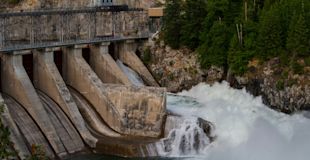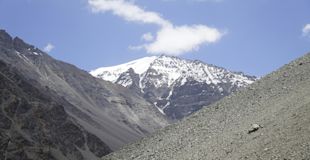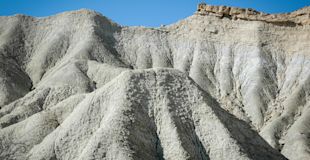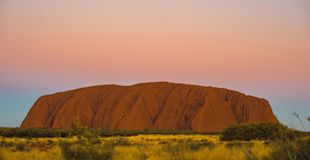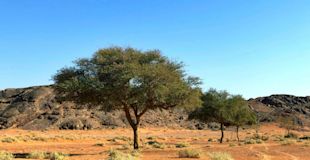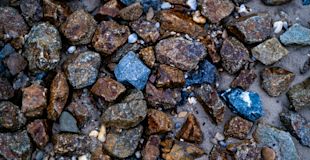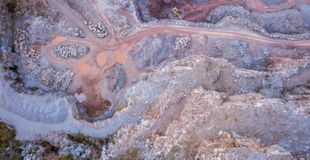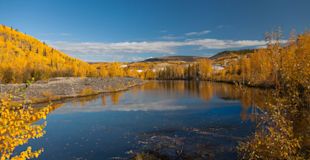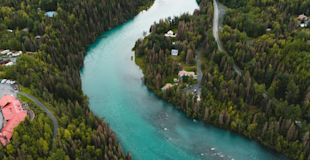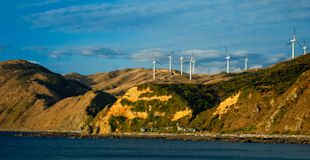Occidental, Talisman/Repsol and Geopark Case Study
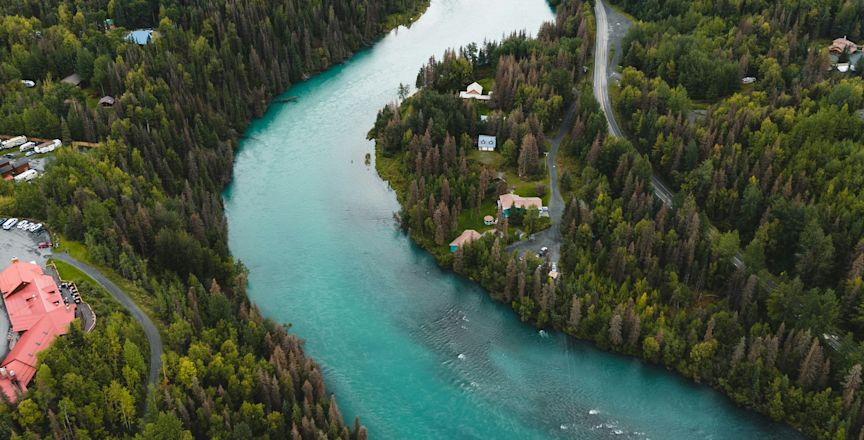
Overview of Block 64
The case of Block 64 oil field in Peruvian Amazon involved a number of companies—including Occidental Petroleum, Talisman (now Repsol), and GeoPark. The companies’ attempt to explore and drill for oil is an example of operational risks that can result in losing entire stakes. Block 64, a decommissioned oil block, lies in the heart of the Indigenous lands of the Achuar, Wampis, and Kichwa Peoples. Since Block 64’s creation in 1995, at least nine oil companies have purchased concessions for drilling projects, and all have subsequently withdrawn after opposition and resistance from local community members.
Lack of Disclosure in Company Filings
Amazon Watch reviewed company filings to the SEC during the time periods when these companies held Block 64 leases and found limited to no mention of Indigenous opposition to Block 64 oil development. The closest any company came to mentioning opposition was Talisman, which in a March 2012 filing described how a “local federation” (likely alluding to the Federation of the Achuar Nationality of Peru/FENAP) had blockaded a river and impeded the transport of Talisman contractors.
GeoPark’s Withdrawal and Financial Losses
The most recent oil company leaving Block 64 was GeoPark, which announced its departure in July 2020. GeoPark’s decision came after six years of opposition from local Indigenous communities, beginning with FENAP’s declaration of intent to force GeoPark out after the company’s 2014 initiation of oil exploration activities in the block. The Wampis Nation later voiced opposition, denouncing GeoPark in 2018.
Indigenous opposition led GeoPark to withdraw its environmental impact study in 2019. That same year, communities filed a lawsuit to annul Block 64 entirely for lack of consultation. In 2020, the Wampis filed a criminal complaint against GeoPark, given the danger the continued presence of company workers during the COVID-19 pandemic posed to them.
Nevertheless, while GeoPark’s 2020 SEC filings discussed the company’s decision to withdraw from the Block 64 contract, they made no mention of community opposition. The filings did, however, note an impairment loss of $34 million due to the withdrawal in 2020, and both 2017 and 2018 filings mention construction costs of at least $36.8 million, indicating that the company may have lost more than $70 million from Block 64.
Continued Industry Interest in Block 64
Despite decades of opposition by Indigenous Peoples against a number of oil companies seeking to explore oil concessions investing millions of dollars and having hit obstacles and failure to get the project off the ground, as of 2022, a new company, Petroperú, expressed intention to exploit Block 64. Achuar and Wampis communities mobilized once again. However, an information session meeting set up by the company for Indigenous communities was cancelled, likely on health grounds due to COVID.
As of March 2025, yet another company PetroTal, Peru's principal crude oil producer, is evaluating the process the country has underway to select a strategic partner for Amazon block 64.
Occidental Petroleum Lawsuit
Occidental Petroleum spent eight years fighting a lawsuit in US courts filed by Achuar communities in Peru for the environmental contamination and health impacts caused by its operations in northern Peru. The case was eventually settled in 2015, when Occidental agreed to spend an undisclosed amount on development programs in Achuar communities.
A review of the company’s annual disclosures to the SEC from 2007 (the year the suit was filed) until the 2015 settlement shows no mention of the suit or any mention of Indigenous land rights or community opposition as a business risk.
